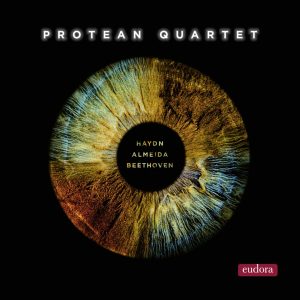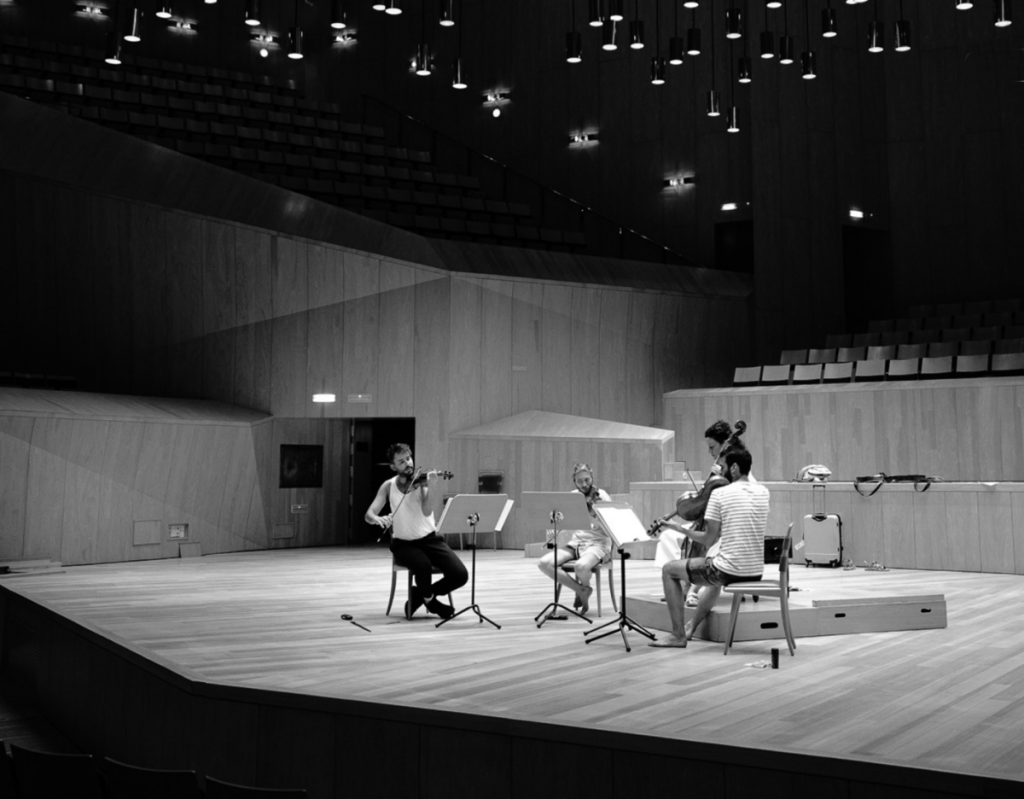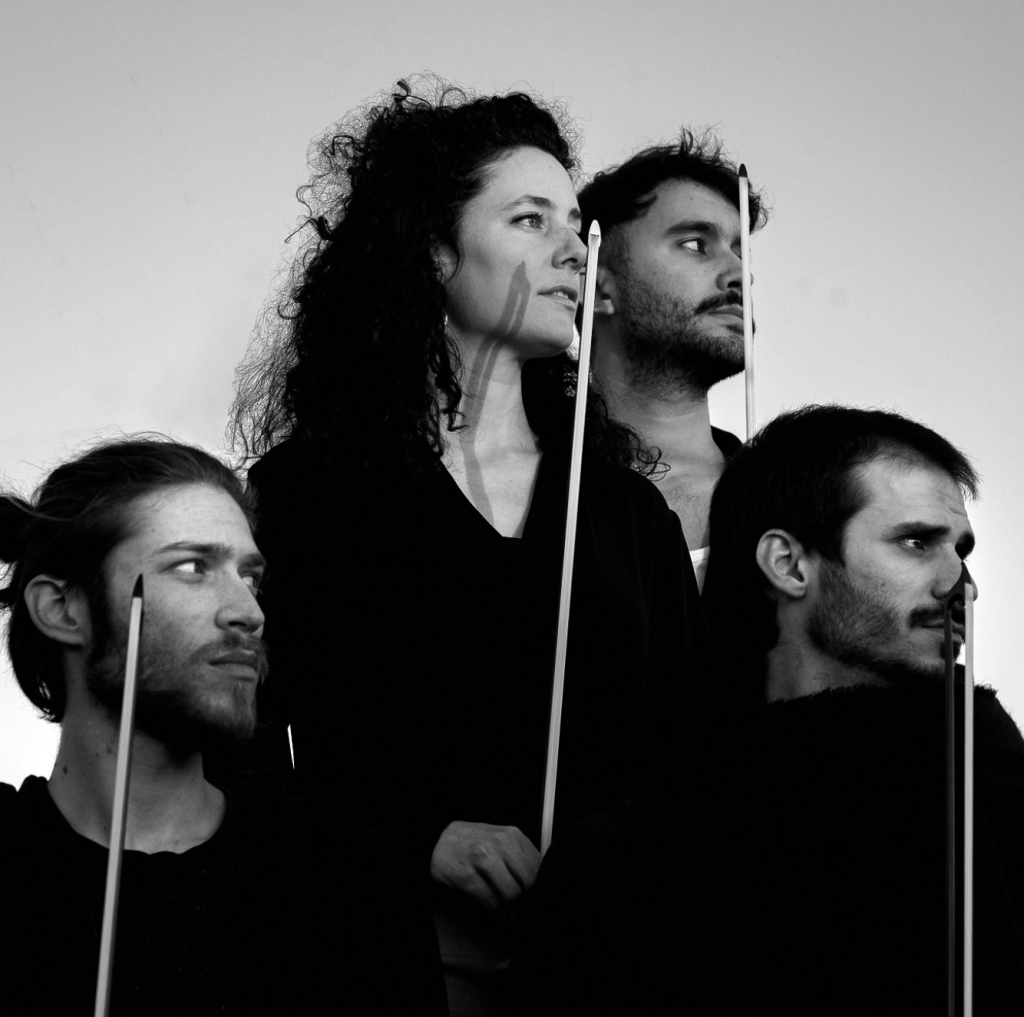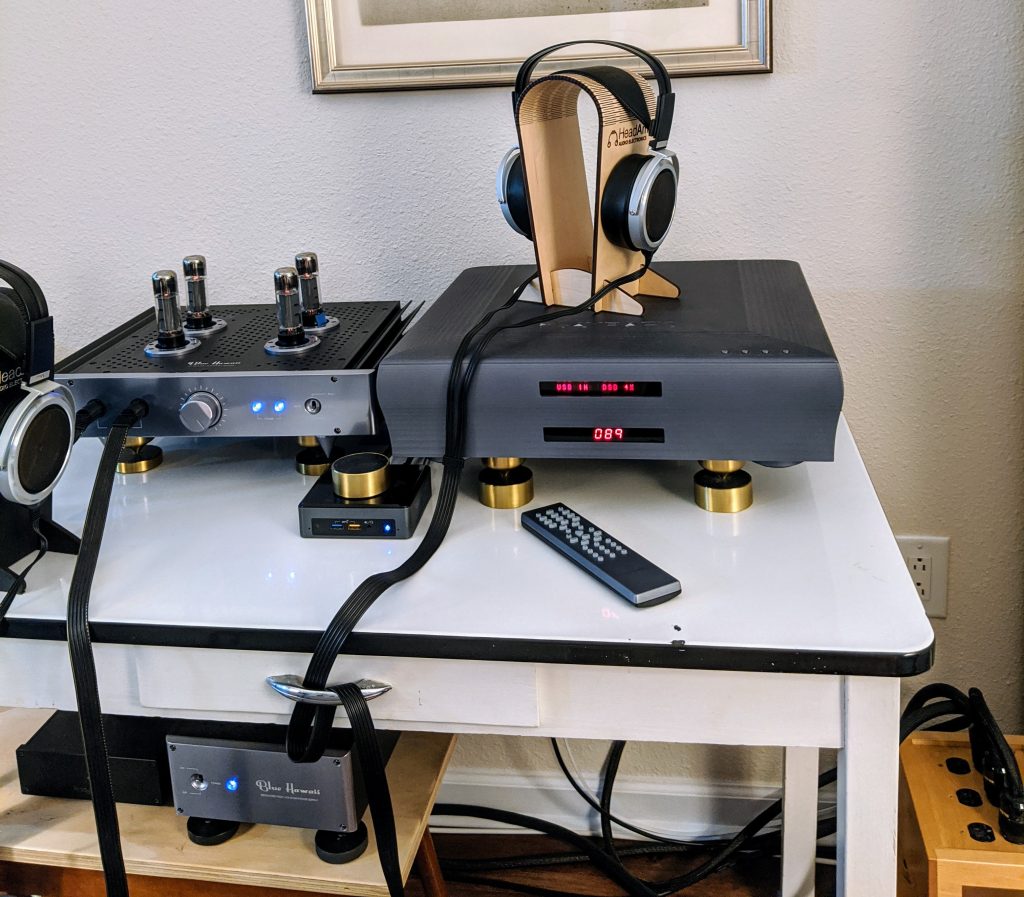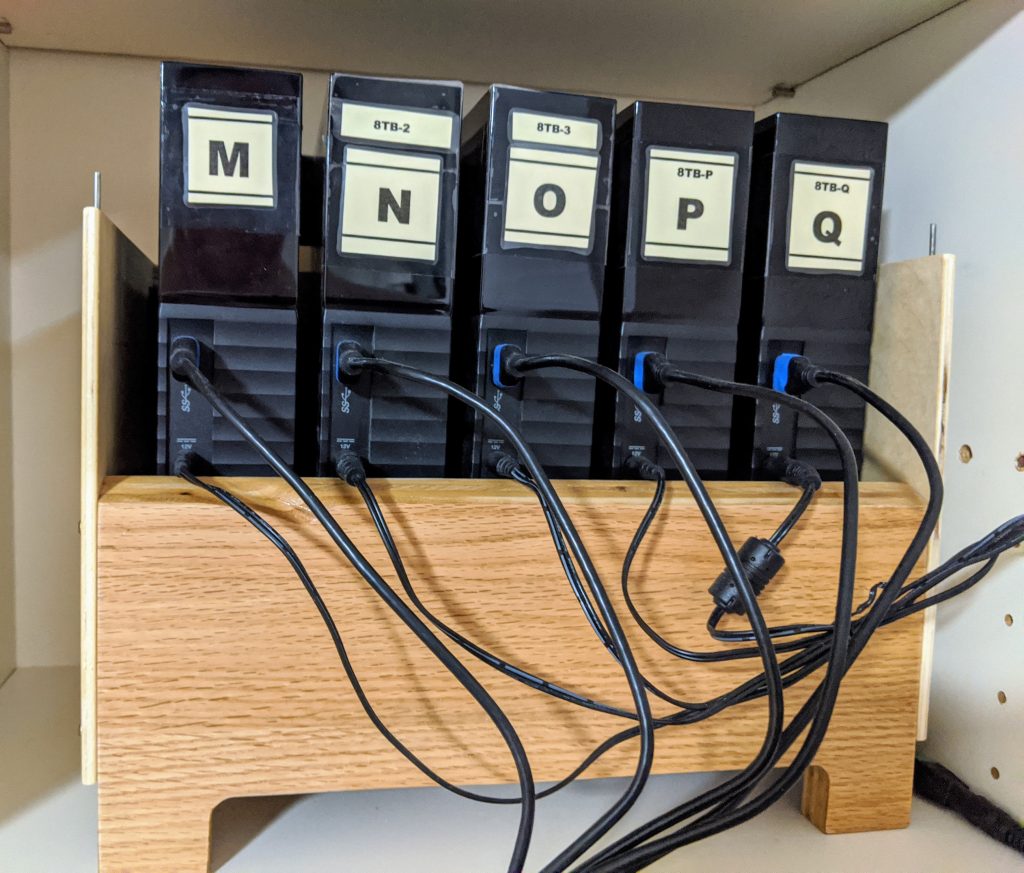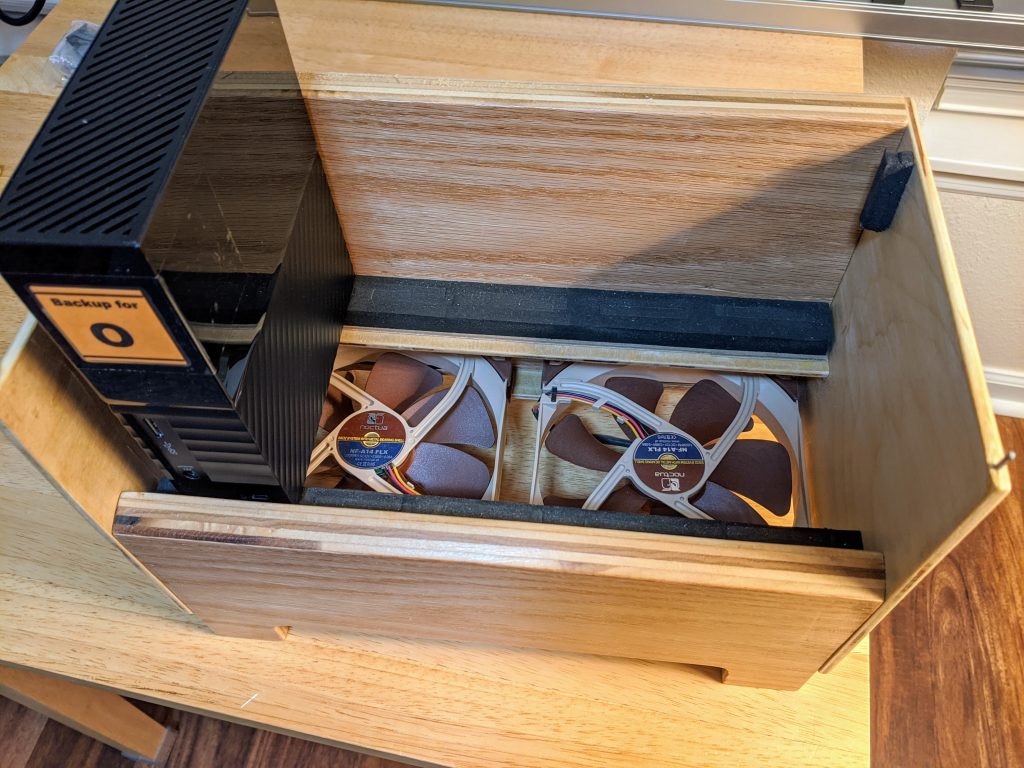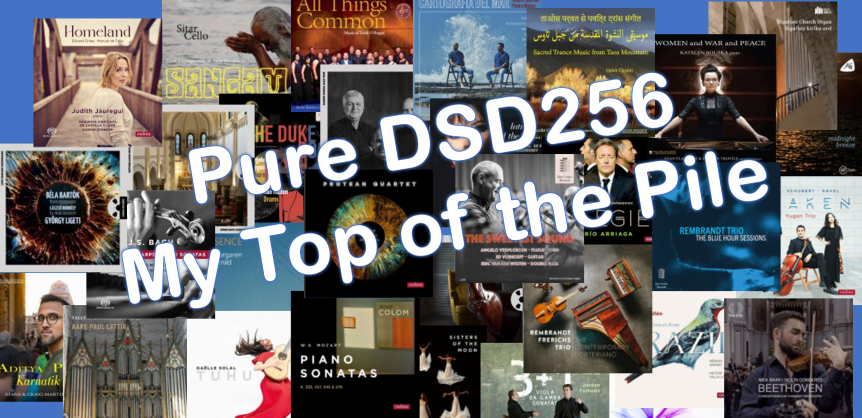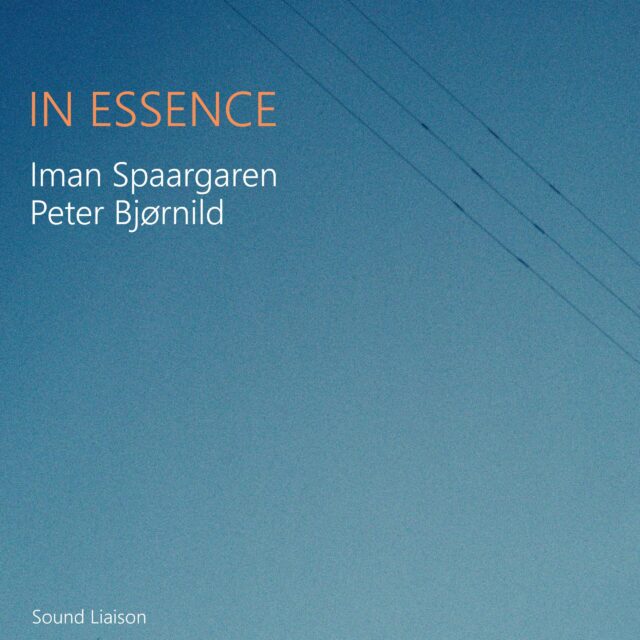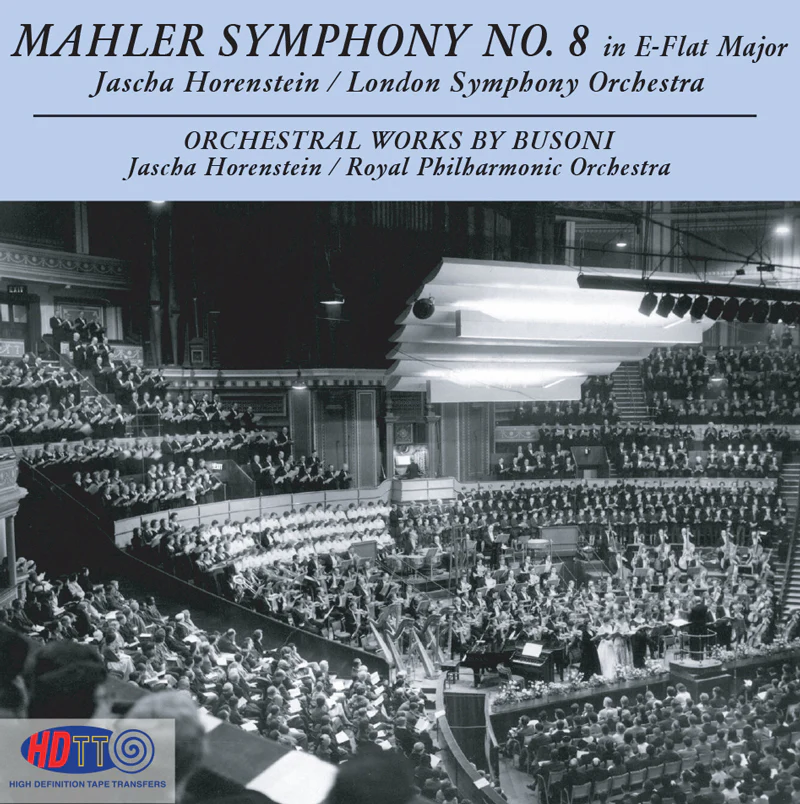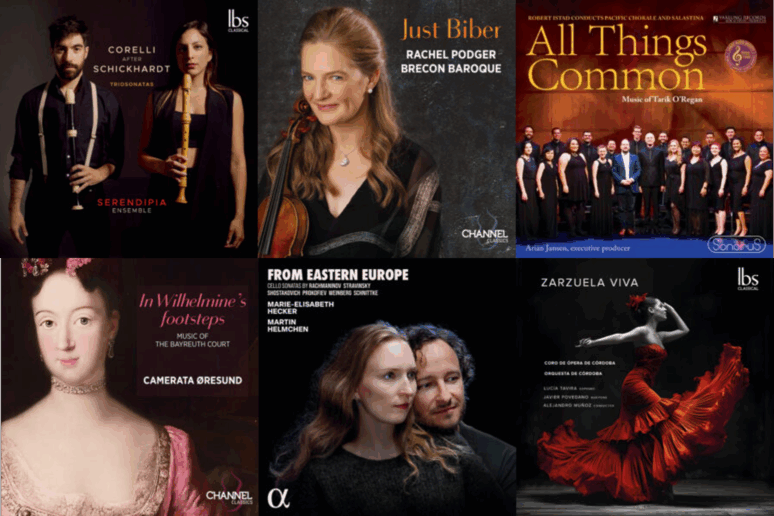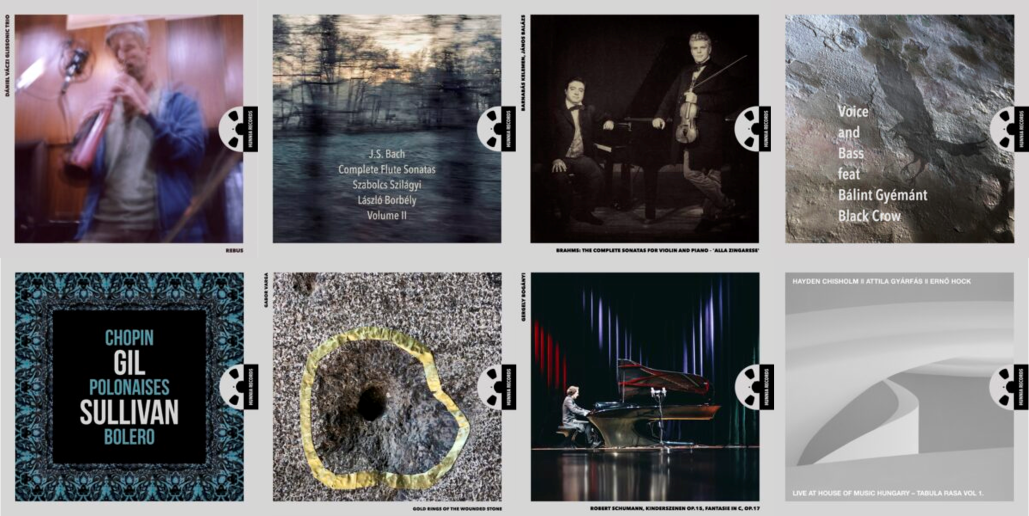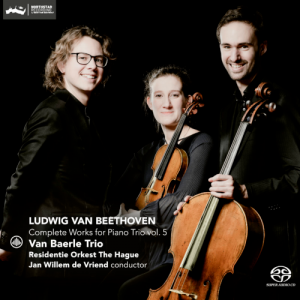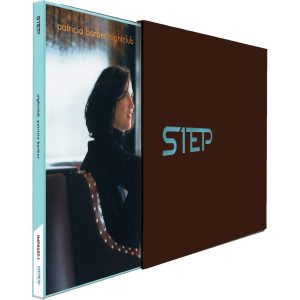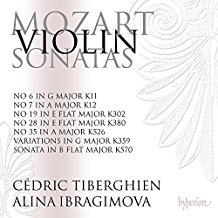In this superb release from Eudora Records, the Protean Quartet deliver stylish performances of the last of the Haydn's Russian Quartets, the first of Beethoven’s String Quartets, op. 18 no.1 (but already a masterpiece), and the first recording of Juan Pedro Almeida Mota’s String Quartet op. 7 no. 1. Performed on period instruments, with historically informed performance practice, and released in Pure DSD256 from NativeDSD, this album is an aural delight.
String Quartets of Haydn, Almeida, and Beethoven, Protean Quartet. Eudora Records 2022 (Pure DSD256) HERE
The Protean Quartet, winner of the prestigious first prize at the 2022 York Early Music International Young Artists Competition, explores the string quartet repertoire of the second half of the 18th Century in works of Haydn and Beethoven, and of the very first years of the 19th Century in a first recording of Portuguese composer Juan Pedro Almeida Mota's String Quartet, Op. 7, No. 1.
Performing with period instruments and applying historically informed performance practice, the Protean Quartet deliver stylish, alert and expressive performances. These are not just a routine run through of the notes. No, they are flexible, nuanced, and emotive performance with every member of the group thoroughly engaged and in complete sympathy with each other. Period instruments give these performances a particular appeal for me. There is not the brilliance of sound heard with modern instruments, but the tonality of the instruments overlap and blend so much more subtly and intriguingly.
The sound achieved by the Protean Quartet is rich and full, notwithstanding their use of period instruments and practice, with minimal vibrato. There is a delicious richness from cello and viola, combined with a nice delicacy of upper strings from the violins. Nothing scratchy going on here, just lovely sounding musicianship. I can best say that I am utterly charmed by the music-making.
The transparent recording by mastering and recording engineer Gonzalo Noqué allows us to fully savor the delicacy of timbre these performances have to offer. For this outing, he has arranged to record in the exceptionally fine acoustics of the Auditorio de Zaragoza, Sala Mozart, Zaragoza (Spain) where he has made some of his other exceptional sounding recordings. The music blooms in this lovely acoustically environment, with a very nice natural hall sound around the performers. This is the epitome of the sound of real instruments in a real space.
Practice session for the recording. Auditorio de Zaragoza, Sala Mozart, Zaragoza (Spain).
Utilizing the exceptional Sonodore LDM-54 microphones with their 1" capsules so nicely suited to capturing string tone, coupled with an optimal recording venue, Gonzalo fully captures the delicate timbre of these period instruments. With his concurrent commitment to retaining the entire recording process in Pure DSD256 for this NativeDSD release, with no PCM (DXD) used in editing or mastering, we get to hear with compelling purity and transparency the delicate sound of these instruments that we so rarely get to hear from lesser recordings.
A note about these Pure DSD releases
The Eudora DSD256 files I write about are the Pure DSD files mastered by Tom Caulfield at NativeDSD. They have been edited, mixed and mastered completely in DSD with no PCM involved.** These Pure DSD files are only available from NativeDSD. Copies of Eudora albums from other sources (e.g., an SACD) may not be Pure DSD. Many are output from DXD projects in Pyramix, and the DXD processed files simply do not sound as good. However, in a happy development, Gonzalo tells me via email that he's recently decided that, in the future, he will always go to the extra effort it will take to use Tom's Pure DSD mixing. He says, "While the DXD processing is much simpler and faster, the sound of the Pure DSD mastering is just so much better. I'll just focus on what just sounds best."
So, for now, to hear what I'm talking about with respect to the superlative sound quality of this and other Eudora recordings, be sure you are getting the Pure DSD files downloaded from NativeDSD. Otherwise, you are not hearing what I continue to rave about.
The music, and a word of caution about expectations
These works are not showpieces of high rolling drama and pyrotechnics. Rather, they are of the more intimate, more delicate, masterpieces of the quartet genre. These are works that fit nicely into the parlor for an afternoon or evening recital to which friends have been invited. However, they take highly skilled performers to bring them off; they are not written for amateurs. The program for the album takes us on a journey of transition from the classical to the romantic.
Joseph Haydn’s String Quartet op. 33 no. 6 is displays the humor and the "divertimento" flavor that was so appreciated in the royal courts. A combination of freshness and elegance is imbues the piece. It is the last of a series of quartets that Haydn dedicated to the Grand Duke Paul of Russia and premiered on Christmas Day 1781 in Vienna.
With Beethoven's op. 18 no. 1, the first piece of his great quartet series, we clearly hear the transition between the Classical period and the new Romantic period. The music breathes with a new found emotional content and more pronounced dramatic force.
Juan Pedro Almeida Mota (1744 – c. 1817) (commonly referred to as "Pedro Almeida") was a Portuguese-born composer who developed his career in Spain. Composing in the early years of the 19th century, the romanticization of the music intensifies. In the Op. 7 string quartet performed here, there is a pronounced melancholy, interrupted by a few explosions of passion. Appointed music master at the Real Colegio de Cantores (the royal chapel’s chorister school) in 1793, no fewer than twenty-five quartets by Ameida have survived, and there is evidence to suggest he may have written at least thirty-six. Music historians say these works were primarily intended for performance at the court of Carlos IV.
The Protean Quartet
As well as their dedication to the quartet repertoire, the members play regularly with leading Baroque ensembles such as Akademie für Alte Musik Berlin, Balthasar Neumann Ensemble, Collegium Vocale Gent, Il Convito, Diletto Musicale and Geneva Camerata. They are also committed to broadening audiences with their creation of interdisciplinary performances, blending dance, visual art and music.
** I hope to provide an article describing how Gonzalo and Tom collaborate to create a Pure DSD release, and how they are mixing, editing and mastering in Pure DSD with no PCM in the process. Some people say it is not possible to mix in DSD. Well, it is possible—they are doing it. More to come.




